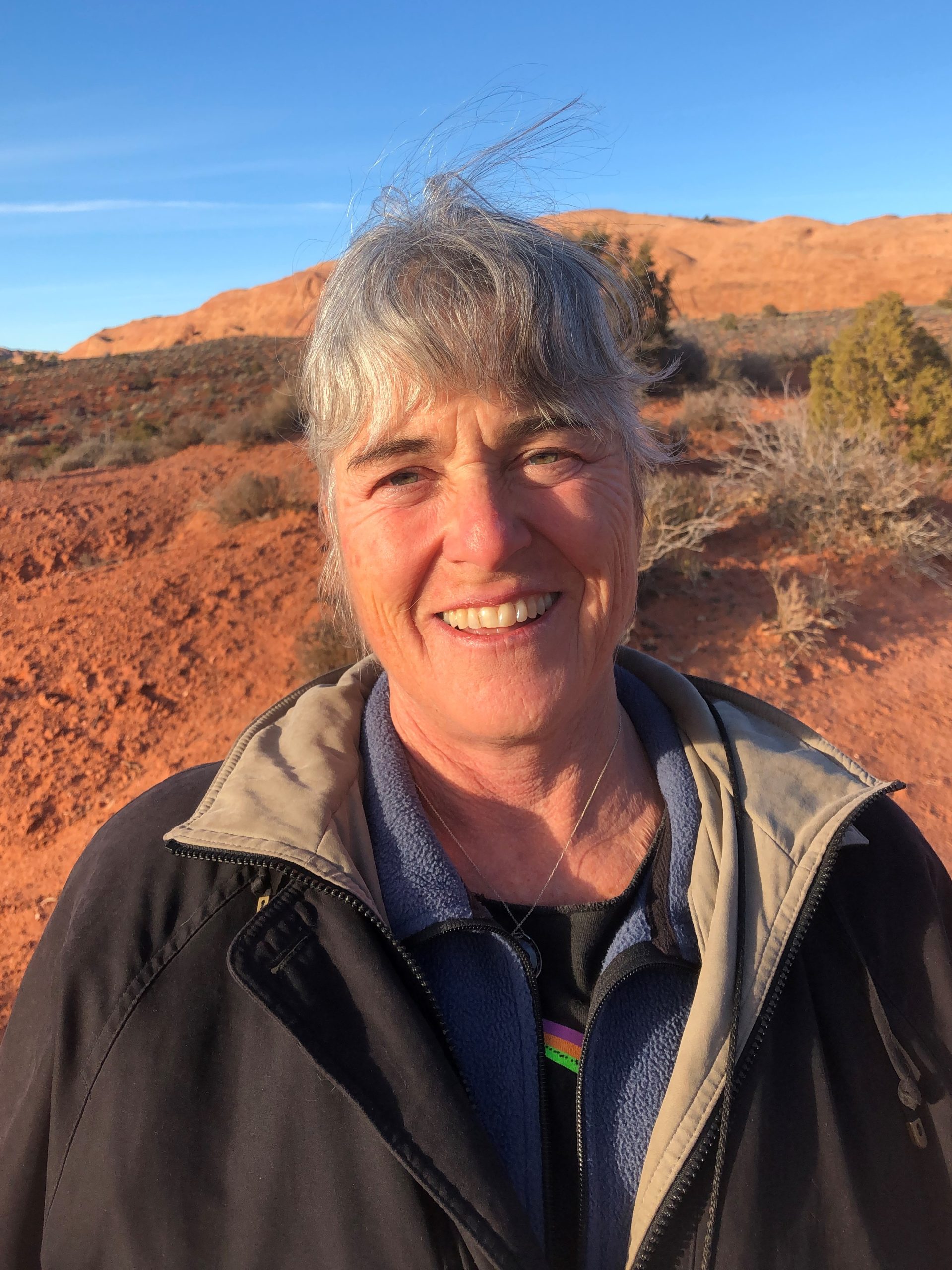Some information may be outdated.
While we are deciding on our new (forced) form of county government, how about we change the way we vote?
I’ve been trying to figure out why the political parties have gotten so much power. They are private entities. And yet they control who gets nominated for the primaries. In this state, that means the party decides who wins the election.
What if we didn’t have primaries? We would save money and create a much more democratic and fair system. What if instead we had a preferential method of voting?
Ranked-choice voting!
In 1776, the U.S.A. created a form of democracy. Since then, others countries have been continuing to grow and evolve this form of government. Ranked-choice voting (RCV) is one of the developments. Australia has had RCV since 1918. Malta, Northern Ireland and the Republic of Ireland since 1921. Since then, five other countries have adopted it. My friend from Ontario, Canada, told me they have something similar. Eleven cities in the U.S., plus Maine, have RCV. Last year, Utah started a pilot program, Utah House Bill 35, which was amended this year to give the cities more time to opt into the program. Six cities signed up originally; however, it seems that there is not enough time to implement it before the next election. So it may not happen this year or next; however, it is a possibility, even in Utah! And Moab could choose to be a part of it.
Ranked-choice voting allows each voter to rank the candidates on their ballot. Voters rank as many candidates as they want in order of choice from their favorite to their least favorite. (1,2,3…) The candidates that tend to win have a strong base of first-choice support while also being the second and even third choices for other voters. Instead of getting further and further polarized, RCV encourages candidates to appeal to a broader voter base. This tends to bring the winning platforms closer to the “middle.”
On Election Night, all of the ballots are counted for each voters’ first choice. If one candidate receives an outright majority, they win. If no candidate receives a majority, the candidate with the lowest number of first choices is eliminated. The voters who choose the candidate that has been eliminated as their first choice instantly have their second choice counted. Your vote counts for your second choice only if your first choice has been eliminated.
This process continues eliminating the last-place candidates until one candidate receives 50 percent plus one or more of the total votes cast. This method ensures that candidates with the most votes and broadest support win. Voters continue to have a vote even when their first choice is eliminated. Candidates who are opposed by a majority of voters would never win ranked-choice voting elections.
This method also eliminates vote splitting, where a third-party candidate causes the candidate closest to the same ideologue to lose. It is not “winner takes all,” but a compromise situation. For example: presidential elections where Ross Perot and Ralph Nader ran as third-party candidates. Who knows who would have won the presidency in those instances, but with RCV, more voters would have felt part of the process instead of feeling disenfranchised.
Ranked-choice voting can be used as an “instant runoff” to elect a single candidate like a mayor or a governor. RCV helps elect a candidate that better reflects the support of the majority of voters. When used to elect more than one candidate for city council, state legislature or even Congress, RCV helps to represent the full spectrum of voters more fairly.
Ranked-choice voting makes democracy more fair. The people running for office and the people voting are more engaged in creating an environment where workable solutions can be found. It is a simple change that can have a big impact.
Judy Powers moved from New York City in 1991 to live with her father in Castle Valley “for a few months.” More than 27 years later, she has had lots of different jobs in Moab, including 21 years as a Realtor. Now with her business, Powers with Animals (powerswithanimals.com), she gets to follow her passion: spending time with animals and sometimes training their humans.
“Instead of getting further and further polarized, (ranked-choice voting) encourages candidates to appeal to a broader voter base. This tends to bring the winning platforms closer to the ‘middle.’”
Appreciate the coverage? Help keep local news alive.
Chip in to support the Moab Sun News.



